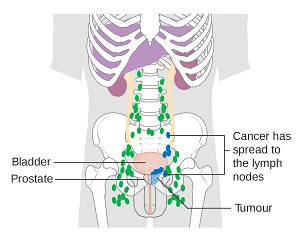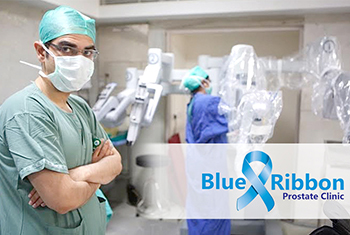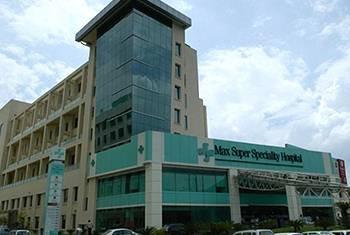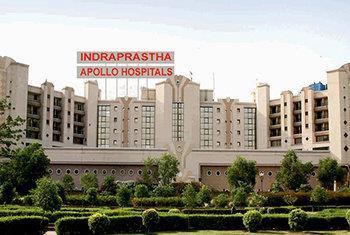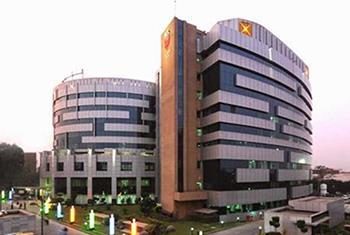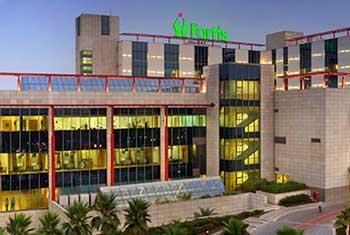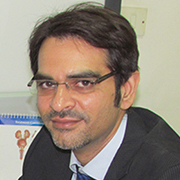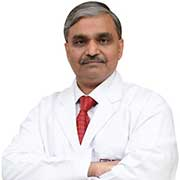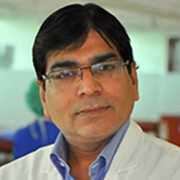What happens if the prostate biopsy is positive?
A positive biopsy results in the identification of cancerous cells. Then, a pathologist assigns a grade to each sample of prostate cancer cells based on the cells’ appearance or growth potential. This is sometimes referred to as the Gleason score or Grade Group.
What causes prostate cancer primarily?
Prostate cancer is fundamentally brought on by modifications to a healthy prostate cell’s DNA. The genes one inherits, which regulate how cells work, are made up of DNA, a material found in cells. Since the DNA in an individual comes from parents, everyone often resembles them. But DNA has an impact beyond just a person’s appearance.
How long is a prostate procedure?
An average prostatectomy lasts two hours. A person will be entirely unconscious since they will be receiving a general anesthetic. The doctor performing the surgery will: Create a little incision to obtain access to the prostate during the procedure.
Is prostate cancer a lifelong condition?
Although metastatic prostate cancer cannot be cured, it is frequently manageable for a long time. Even patients with advanced prostate cancer sometimes outlast their condition. Since there are currently efficient treatment alternatives, life expectancy can now be increased even further. Prostate cancer frequently develops slowly.
What is the rate of spread of prostate cancer?
Prostate cancer frequently grows slowly, so it may take years for it to reach a noticeable size and even longer for it to spread outside the prostate.
Is prostate cancer completely curable?
Prostate cancer is frequently quite treatable when caught early and given the right care. Many patients who receive a diagnosis when the cancer has not gone past the prostate continue to lead healthy lives after therapy for several years.
Can cancer be cured by removing the prostate?
One of the main therapies for prostate cancer is surgery. In order to try to cure cancer, patients often undergo surgery to remove the prostate gland. It is referred to as a radical prostatectomy. A radical prostatectomy can be performed either through open surgery or with a robotic device (commonly known as Da Vinci surgery).
Can the prostate grow back after removal?
It is well known that the prostate grows back following surgery, and one in ten men requires another TURP within ten years.
Is prostate cancer readily removed?
Surgery is used to treat prostate cancer. radical prostatectomy is one of the trickiest surgical operations, which removes the prostate completely. This is due to a number of factors: One is simply the prostate’s deep pelvic location, which makes it difficult to reach.
After prostate surgery, is it painful to sit?
Many individuals will express discomfort from their pre-existing haemorrhoids or rectal pain while they are seated. This will eventually diminish as well. In fact, the patient may experience cramping during the first postoperative week as the bowels are awakening. Abdominal bloating is a typical sign of the healing process.
What is the ideal treatment for prostate cancer?
Many men with early-stage prostate cancer benefit from radiation therapy. The best course of action for older guys or those with other health issues. For those who wish to stay away from surgery’s side effects, like leaking urine and erection issues, radiation may be a preferable option. Radiation therapy comes in a variety of forms: radiation from an external beam.
How painful is radiation treatment for the prostate?
Every procedure is very similar to having an x-ray. While there is more radiation used than in an x-ray, the treatment is usually painless. Even though the setup process, which involves getting patients ready for treatment, takes longer, each treatment only lasts a few minutes.
Is surgery for prostate cancer safe?
Although prostatectomies are popular and safe, they can include certain risks and adverse effects, thus doctors don’t advise them for all individuals with cancer. Patients who are younger than 75 years old with localized cancer or cancer that hasn’t spread but are otherwise healthy often get prostatectomies.
Is surgery for prostate cancer effective?
When the disease has not yet progressed to organs or tissues outside of the prostate gland, surgery is a curative treatment for prostate cancer. The long-term outlook in these cases is great.
Which form of prostate cancer is the most severe?
The most aggressive form of neuroendocrine cancer of the prostate, small cell carcinoma, arises in the small, rounded cells of the neuroendocrine system. An extremely uncommon and quickly progressing kind of prostate cancer, squamous cell carcinoma begins in the flat cells that cover the prostate glands.
What is the survival rate in the case of prostate cancer?
The relative 10-year survival rate is 98%. Prostate cancer survival rates vary depending on a number of variables. These factors include the cancer’s stage and grade, the patient’s age and general condition, and the efficacy of the treatment regimen. The type of prostate cancer is another element that may have an impact on results.
More than 95% of people will survive their cancer for a year or longer (more than 95 percent). More than 85% of patients—more than 85 out of 100—survive cancer for five years or longer. Nearly 80% of people with cancer will live for at least 10 years after being diagnosed.
Is prostate cancer in stage 2 treatable?
It is possible to cure and beat prostate cancer. The overall long-term survival rate is increased when cancer is detected in stage 2 of the disease. For all prostate malignancies, the 5-year relative survival rate is 97.5%. However, the relative survival rate for locally advanced prostate tumors, such as stage 1 and stage 2 tumors, is approximately 100%.
Is prostate cancer in stage 4 treatable?
Although stage 4 prostate cancer is often incurable for men, treatments may slow or shrink an advanced prostate cancer. However, patients may live longer and experience fewer cancer symptoms and signs as a result of therapy.
Is it possible for a prostate to return to normal?
The future is really bright for those who have BPH (Benign Prostatic Hyperplasia). Although there is no known treatment for BPH, it can help with your symptoms. In certain cases, mild symptoms can go untreated. For more serious conditions, medications, surgery, and minimally invasive procedures can be used.
Can a person with prostate cancer lead a normal life?
Prostate cancer shouldn’t significantly affect your daily life if you have no symptoms. One ought to be able to work, take care of the family, participate in regular social and recreational pursuits, and take care of oneself.
One can survive without having a prostate. For the treatment of specific prostate issues, such as prostate cancer, a prostatectomy may be required. Urinary incontinence and erectile dysfunction are two potential side effects of prostate removal surgery, however, they are frequently manageable.
How is life after prostate removal?
Infertility is the adverse effect of prostate removal surgery that lasts the longest. This negative effect is both unavoidable and irreversible. Incontinence, erectile dysfunction, and other issues with penile function are additional side effects. Most of the time, these side effects are transient.
What happens if the prostate isn’t removed?
Blood arteries and lymphatic systems are both accessible to cancer cells. The cells of prostate cancer can “seed” in practically any area of the body after they have entered these veins. Additionally, cancer can enter the prostate through its protective capsule. Another typical location for early spread is the seminal vesicles.
Is a Urine Catheter/Urinary Control bag required after prostate removal?
After the procedure, the catheter will be left in for around six to nine days. The catheter will be attached to a leg bag, which can be tucked under the clothes. Doctors advise switching to a standard urine bag at night and placing it by the side of the bed.
Can a man ejaculate after prostate removal?
Men who undergo prostatectomy also stop ejaculating because the majority of semen fluid is produced by the seminal vesicles and prostate gland. Even without ejaculate fluid, they can still experience the satisfying sensation of orgasm.
Is water consumption beneficial for prostate cancer?
Water should be the primary beverage of choice all day long for the greatest effect on prostate cancer cells. This can improve favorable chemical reactions, lubricate joints, transfer nutrients, and blood volume, as well as facilitate nutrition transfer and lubricate joints. Water intake needs to be sufficient for the urine to have a translucent yellow tint.
Is prostate cancer completely curable?
Prostate cancer is frequently quite treatable when caught early and given the right care. After receiving therapy, a lot of people who were diagnosed with prostate cancer who hadn’t gone elsewhere continue to lead healthy lives.
Is there anything one should avoid eating?
Men with prostate cancer should avoid eating items like dairy products, calcium-rich meals, and processed or red meat.
